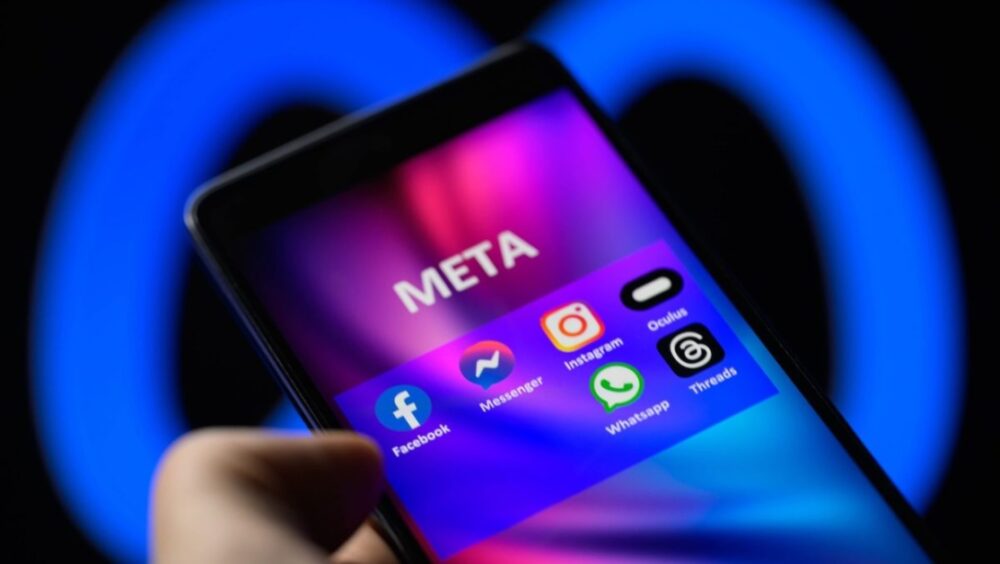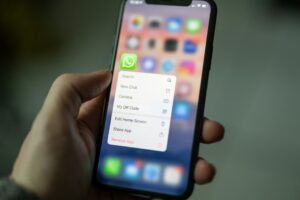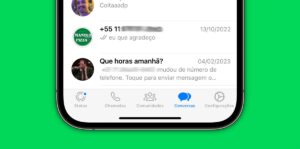Meta and Universal Music Group (UMG) announced on Monday the expansion of their multi-year music licensing agreement, which enables users to share songs from UMG’s music library across Meta’s platforms (Facebook, Instagram, Horizon, Threads and WhatsApp) without violating copyright.
What’s most notable about the new agreement is that it states that the two companies are addressing “unauthorized AI-generated content.” This refers to songs being scraped by AI systems, often without the consent of the original creators. Artists and songwriters are increasingly grappling with AI fakes and their work being used by AI companies to train their models.
“We look forward to continuing to work together to address unauthorized AI-generated content that could affect artists and songwriters so that UMG can continue to protect their rights both now and in the future,” Michael Nash, chief digital officer and executive vice president at UMG said in a statement.
The partnership follows TikTok’s feud with UMG earlier this year when the label’s catalog of music was removed from the short-form video app. In a statement released in February, UMG emphasized its concerns about AI and online safety on the platform. The two companies called a truce in May, allowing music from artists like Billie Eilish and Taylor Swift back on TikTok.
The new agreement also comes on the heels of an AI-related lawsuit filed by the Recording Industry Association of America (which represents UMG and other major labels) against music generation startups Udio and Suno. The lawsuit alleges the two companies trained their AI models using copyrighted music. Earlier this month, Sudo publicly admitted to using copyrighted songs but claimed it was legal under fair use.
Meanwhile, Meta claims to be taking an ethical approach to AI music, only releasing generative AI models (AudioCraft, MusicGen and Jasco) that are trained with “Meta-owned and specifically licensed music,” according to its website. However, as noted by TechCrunch’s Kyle Wiggers, Meta has acknowledged that AudioCraft could potentially be misused to create a deepfake of someone’s voice.
Additionally, this is the first time that WhatsApp users can share licensed music from UMG within the instant messaging app. It also includes Threads, the Meta-owned social networking app and X’s (Twitter) direct competitor.
Meta and UMG initially partnered in 2017, marking the first time a major music company allowed Facebook users to upload and share videos featuring songs from its music catalog.



